The Outsiders Project report ‘Beyond Representation: The Future of Diversity and Inclusion’ is aimed at brands in the outdoor industry. Its goal is to shift brands’ understanding and perspectives on the barriers faced by People of Colour when engaging in outdoor pursuits. However, whether you’re ‘in’ the industry as an employee, or as a participant, it’s well worth a read. You may well find it gives you a better insight into how you can contribute to a more welcoming space out on the trails – and perhaps how some of our ‘well intentioned’ efforts might not be as helpful as we mean them to be.

The report includes a variety of case studies, and sets out barriers, issues and actions in clear points. You can gain access to the full text here, and I’d recommend reading it for a fuller understanding. Here’s my summary and takeaways – maybe it’ll convince you to do that further reading.
The report identifies nine key barriers to outdoors participation:
- Physical and emotional attachment
- Segregation or exlusion
- Economic inequality
- Time
- Positions of Influence
- Perception
- Underrepresentation
- Safety – Confidence
- Racism
And combines these barriers with six ‘key considerations’ to help address these barriers:
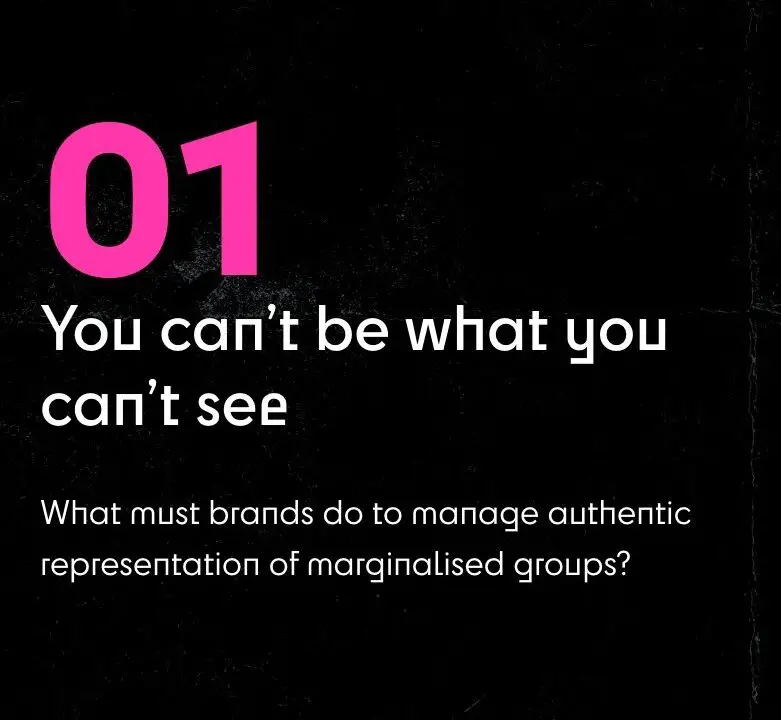
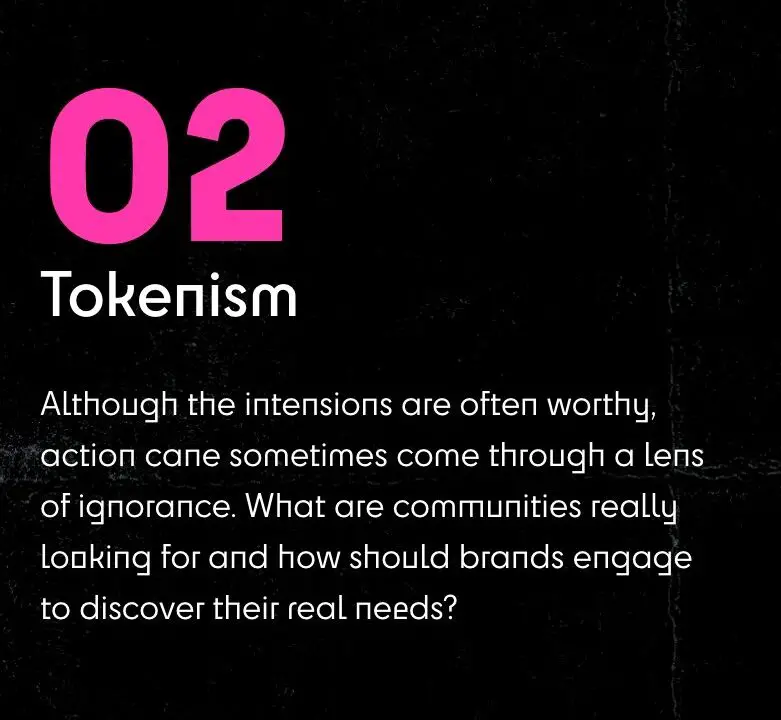
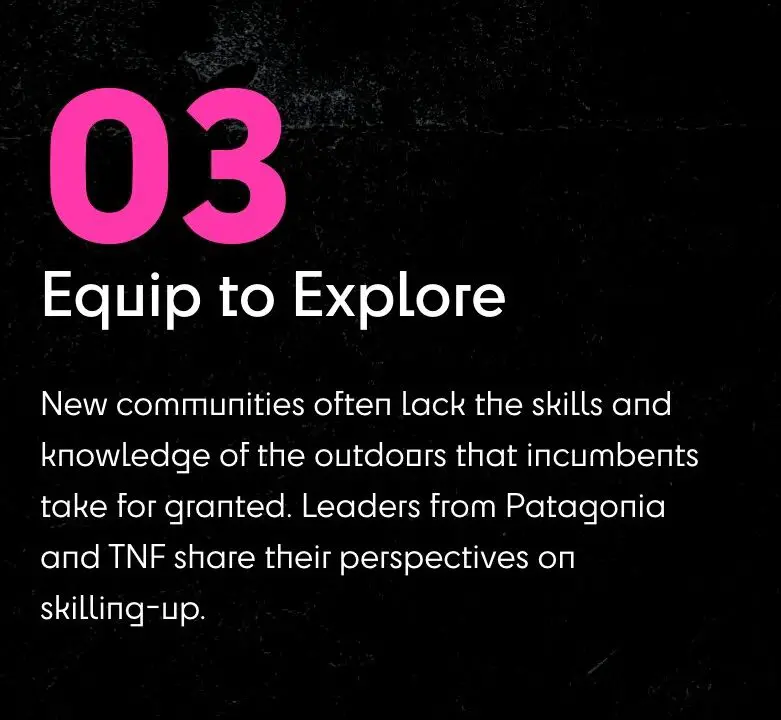
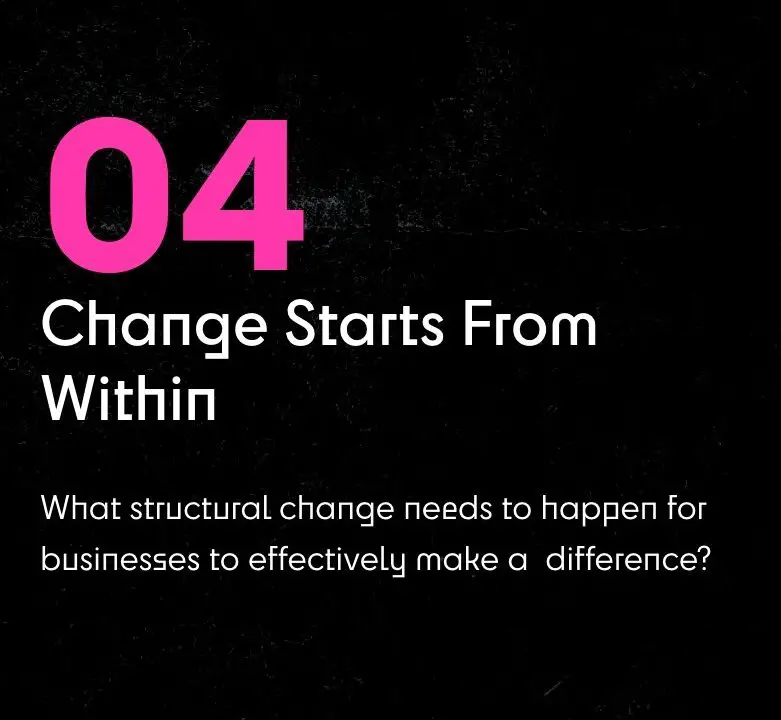
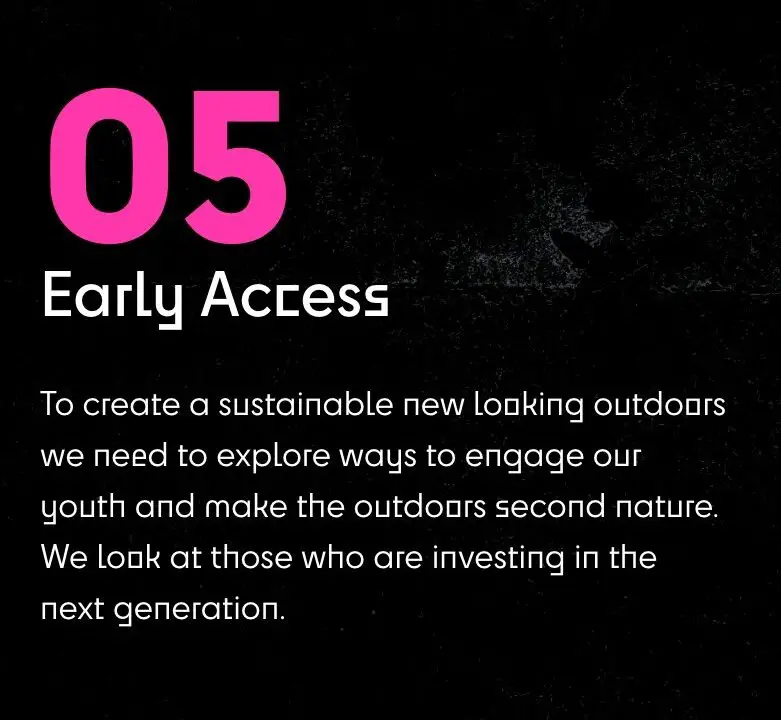

There is then a ten-point roadmap for change:
- Be committed to anti-racism
- Meet them where they are
- Ask don’t tell, and really listen
- Get your house in order
- Redefine performance
- Create safe spaces
- Start them young
- Strength in numbers
- Share the knowledge
- Develop an anti-hate social media strategy
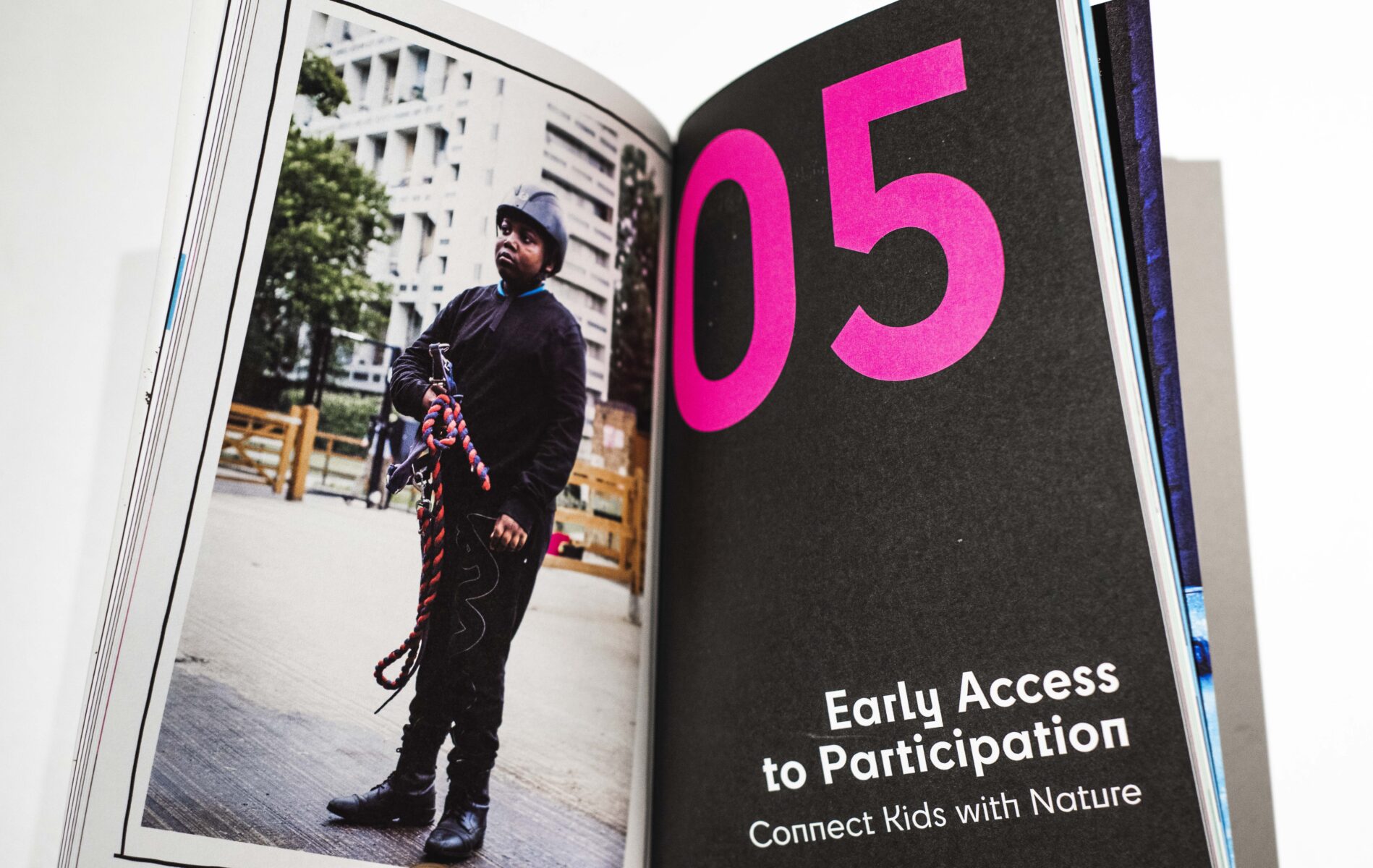
As someone in the industry, I’ve found it sets out a number of challenges that Singletrack will have to address – and indeed, we want to. In fact, the report gives some great pointers as to how we can make better progress on making the changes we’ve been trying to make, and perhaps why we’ve not made the progress we’d have liked to.
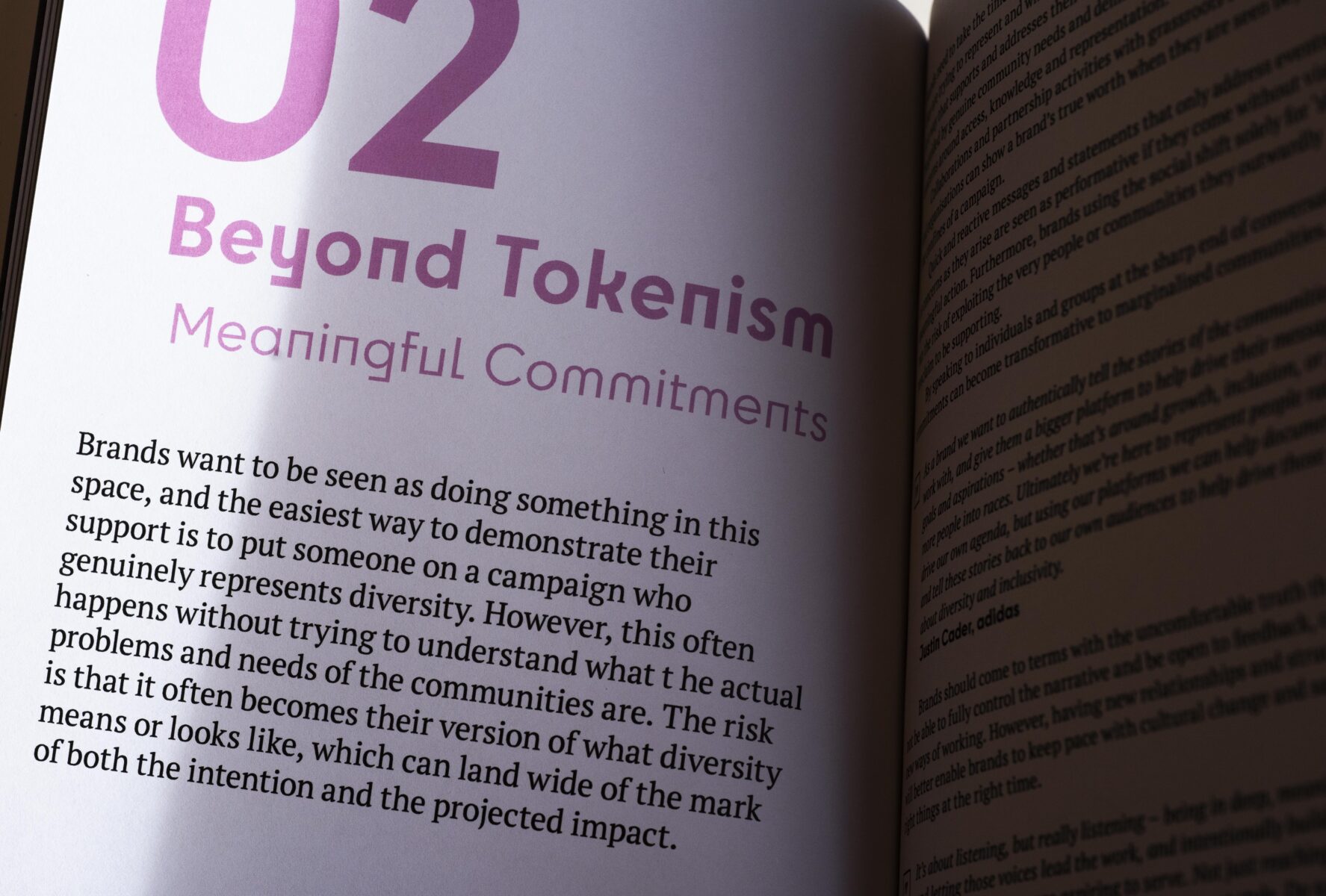
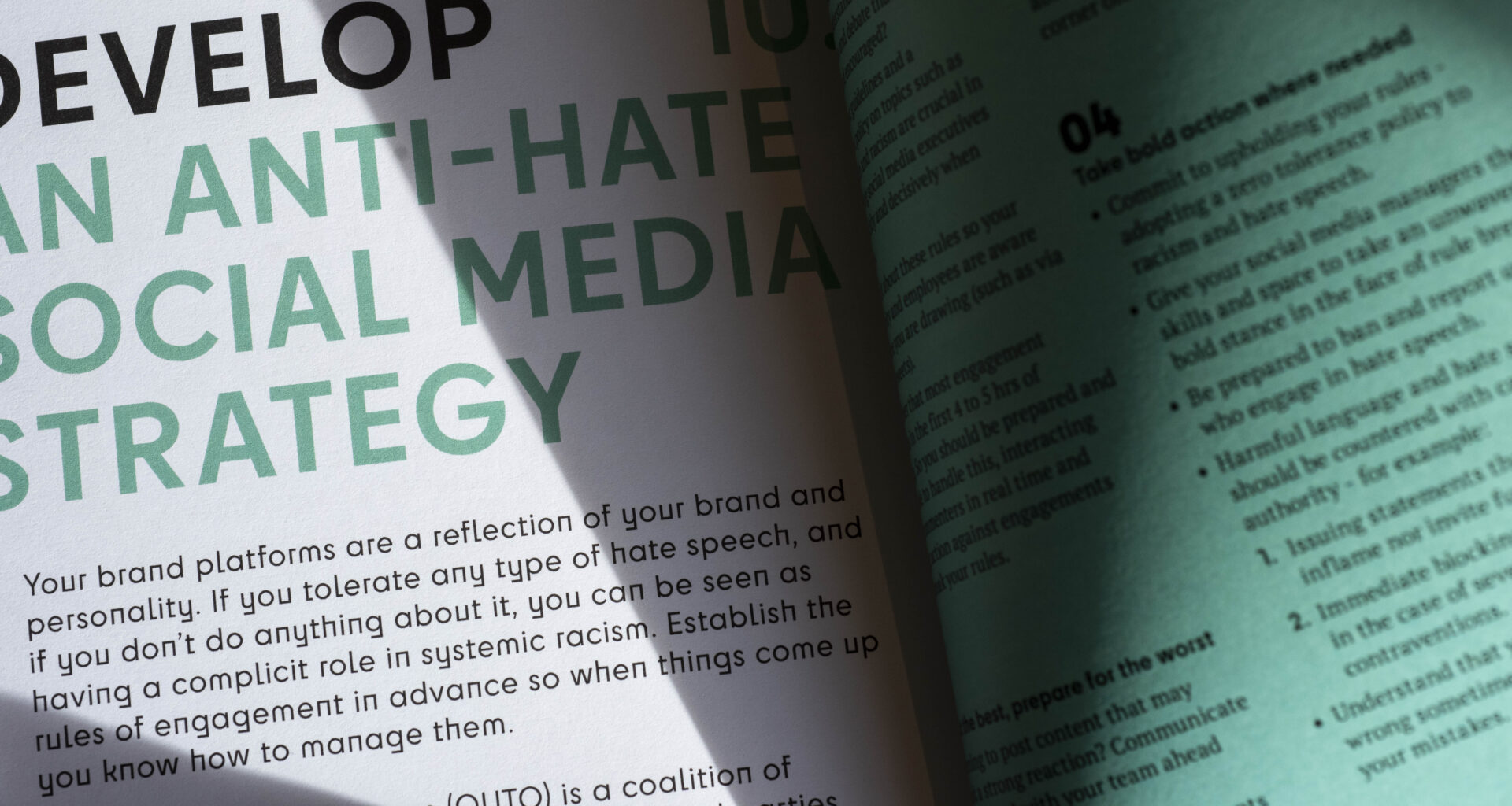
But as an individual, as a rider out on the trails, it’s also given me pause. Against a backdrop of riders of colour being reported or stopped for having a stolen bike, I can see how when I’ve asked someone what they do – thinking they must be a sponsored rider because of all the great kit they’ve got – this might also be misconstrued as an accusation. Knowing that people of colour are often made to feel like they don’t belong in the outdoors – or worse still, the UK – asking someone on a trip where they’re from because you think you’ve detected an accent that’s local to you might take on a different interpretation. I wonder how often I’ve made the mistake of judging someone’s experience by their kit, or their appearance. Does a ‘well done’ or a ‘you can do it’ come across as a patronising assumption that someone is new to the trails?
I can’t pretend it doesn’t make me a little uncomfortable – well intentioned though I may have been, perhaps my lack of appreciation of the experience of people of colour in the outdoors could have contributed to their negative experiences? It may be down to lack of knowledge on my part rather than intended hostility, but at least having a better appreciation of the barriers someone may experience and the context in which they approach the outdoors gives me the opportunity to think twice before opening my mouth and putting my foot in it. For the average rider out on the trail, or in the outdoors, it’s these personal interactions where we can make a difference, and having read this report I feel a little better equipped to make a better job of them.
That’s not to say that this is a report designed to make you feel bad – though feeling challenged while learning is likely no bad thing. In fact, the report makes me excited for the future of the outdoors – and mountain biking. There’s one paragraph in particular that caught my eye:
“We all need to rethink what the outdoors is. Our accepted version comes with an established visual and spoken language, a dress code, etiquette and a rulebook handed down through generations. The incumbent gatekeepers can understandably be nervous about insurgents whose goals and ambitions within sport and leisure don’t always align with traditional measures of success.”
Mountain biking was born of people looking at bikes differently – of people thinking there had to be more to them than transport, or road riding. It grew as people looked at the land differently, and wondered whether they could ride down that, jump off this, and how redesigning this or that technology might assist with that. We’re now an established sport, with technology coming on in increments rather than leaps and bounds. What great strides might the sport make with a host of new perspectives, of shaking off the established narratives and rules? How much more enjoyment might there be for so many more people who don’t currently feel served by the marketing spiel? And beyond bikes, there’s a whole world of environmentalism and access to be addressed – and who would argue against that being A Good Thing?
This report comes of seeking to help brands understand how the outdoor industry can better serve people of colour. If brands can get that right, I think there’s a world of opportunity that awaits everyone. Whatever the broader benefits to the sport might be however, fundamentally the report is about how to make the outdoors a more welcoming and accessible place for people of colour. I think that in itself is A Good Thing – even A Morally Essential Thing.
Whether you’re part of the outdoor industry as a brand or as a participant, I’d encourage you to give this report a read.
More about the Outsiders Project report:
Phil Young, The Outsiders Project founder, says “After decades of participation as an athlete, event director and content producer in outdoor sports, and having worked with some of the biggest brands in the market, I had become frustrated by the lack of understanding they held in relation to People of Colour. There continues to be blind spots around the conversation, this report will help give a solid grounding to some of the barriers faced by minority communities and offer recommendations for those that seek to make positive change.”

The 90-page document seeks to provide a basic understanding of some of the problems that people of colour face when it comes to accessing outdoor sports and recreation and is the first to focus on the subject from the point of view of leading brands alongside contributions from a variety of different change makers across culture, including athletes, community leaders and representatives from the likes of Greenpeace.
Beyond Representation breaks down the historical, socio-economic and political barriers that have stopped marginalised communities from feeling as though outdoor spaces are ones they can occupy. From there, the report sets out the different ways in which the industry can help reverse the problem, setting out a roadmap to change.
Young adds, “I believe there’s a real desire to make change, but there is a nervousness in getting it wrong. This report will help give a framework for brands to make their own change in an informed way.”
Beyond Representation is the first report from The Outsiders Project, an independent platform launched in 2020 to promote inclusion and diversity within the culture and community of the outdoors. Brands can see inside the report and request a copy here.
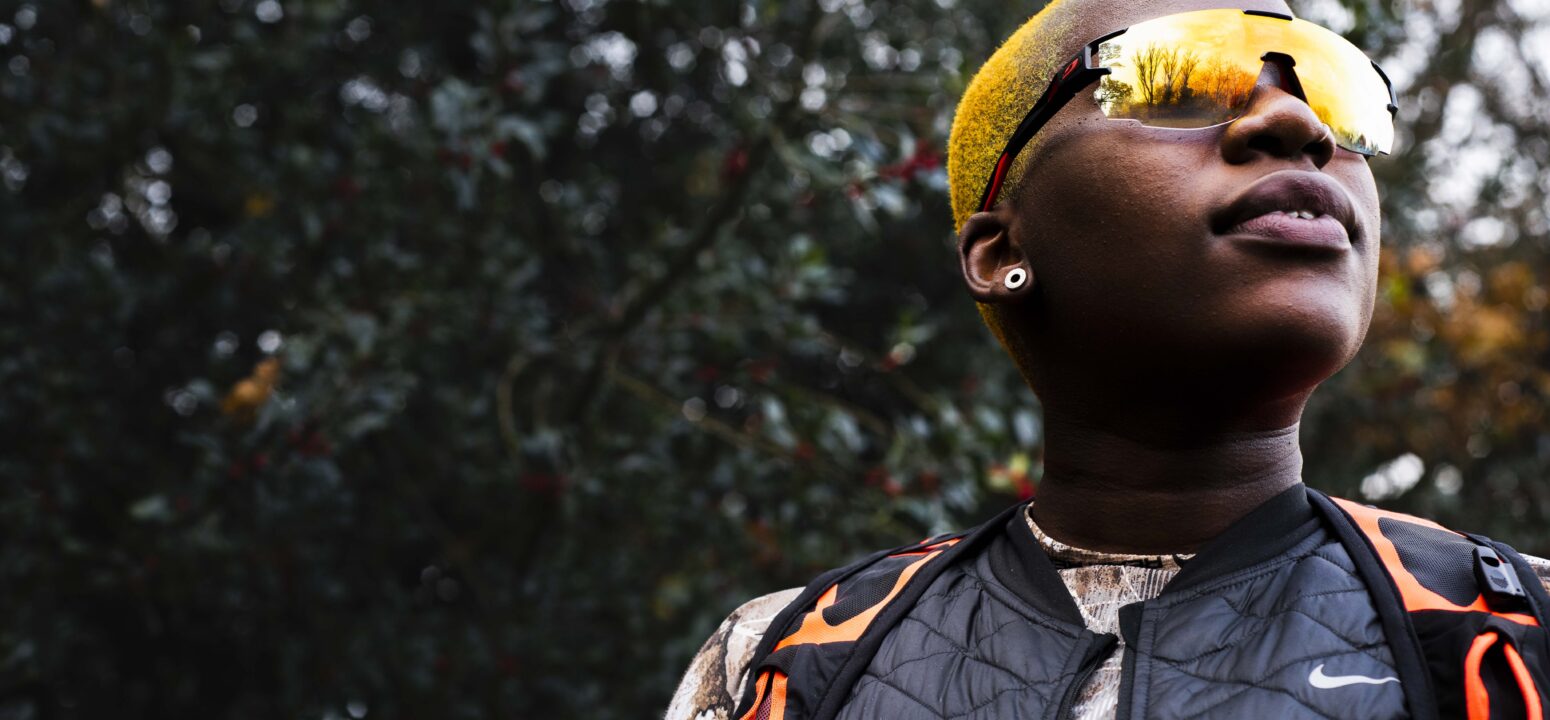

You must be logged in to reply to this topic.